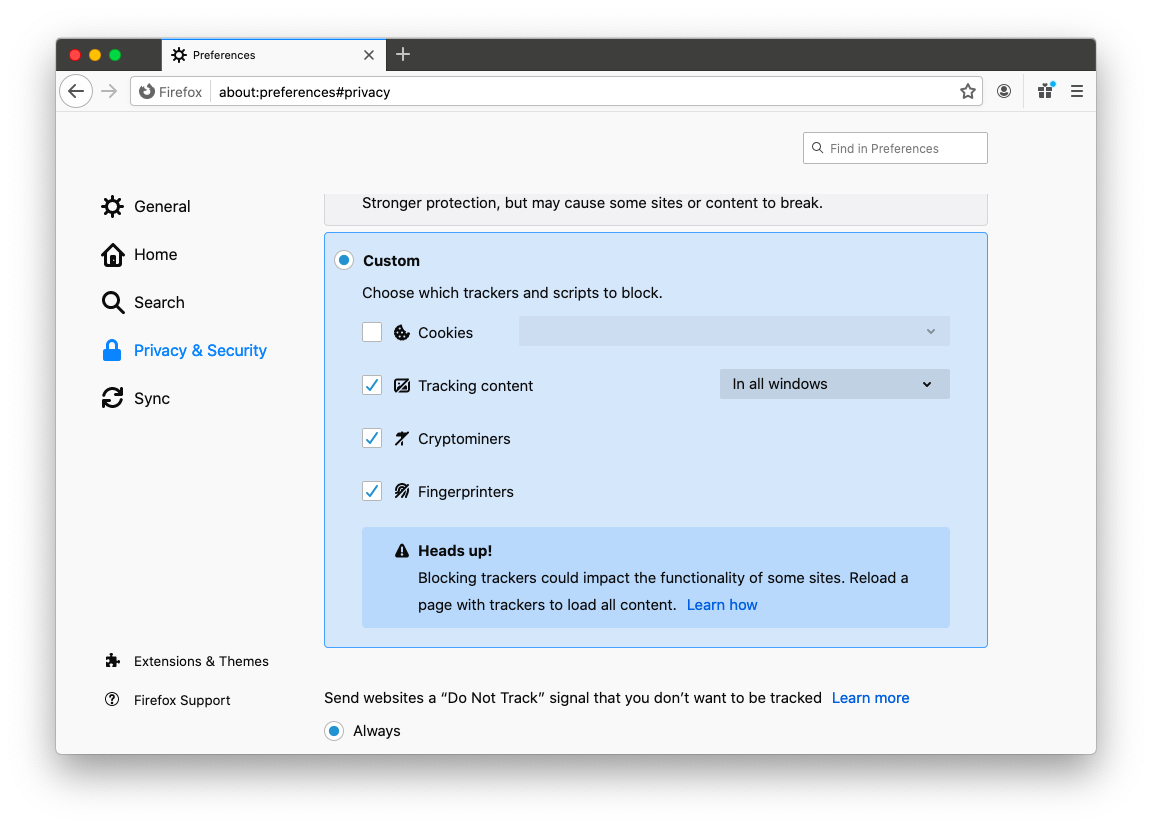Don't Eat Those Cookies! Mac OS
Safari User Guide

Don't Eat Those Cookies Mac Os 11
You can change options in Safari preferences so that Safari always accepts or always blocks cookies and website data.
- 2 days ago The Mac will need to be running macOS Mojave or later, while iOS 12 and iPadOS 12 or later are required on the iPhone and iPad. Scanning Documents on the Mac with Notes Start by opening the Notes app on your Mac and either creating a new note or selecting the one that you want to import the scanned document into.
- For those who already have mice that they don’t wish to replace, there are other solutions, each with advantages over the others. MouseFix (freeware) is a simple program that changes some of the numbers used in Mac OS X’s mouse driver in an attempt to make the curve more natural. However, it can be difficult to install for the non.
- Step 1 Open Safari browser on your Mac. Step 2 On the top left corner, click Safari, and choose Preference. Step 3 A window will pop up, and click Privacy. Step 4 Next to Cookies and website data, choose “Always allow” to enable cookies in Safari, and click “Always block” to disable cookies on Mac.
In the Safari app on your Mac, choose Safari > Preferences, click Privacy, then do any of the following:
Prevent trackers from using cookies and website data to track you: Select “Prevent cross-site tracking.”
Cookies and website data are deleted unless you visit and interact with the trackers’ websites.
Always block cookies: Select “Block all cookies.”
Websites, third parties, and advertisers can’t store cookies and other data on your Mac. This may prevent some websites from working properly.
Always allow cookies: Deselect “Block all cookies.”
Websites, third parties, and advertisers can store cookies and other data on your Mac.
Remove stored cookies and data: Click Manage Website Data, select one or more websites, then click Remove or Remove All.
Removing the data may reduce tracking, but may also log you out of websites or change website behavior.
See which websites store cookies or data: Click Manage Website Data.

In addition to launching Mountain Lion in the Mac App Store, Apple pulled Lion from the store. Folks who already purchased Lion can find it again, but only if they know the trick.
Note: Changing your cookie preferences or removing cookies and website data in Safari may change or remove them in other apps.
Don't Eat Those Cookies Mac Os X
Malwarebytes Labs has published its 2021 report on malware, reflecting on the state of malware threats in 2020 based on detections in the Malwarebytes apps and services. Overall malware detections decreased 38% on the Mac, though Mac malware in businesses increased 31%. It’s worth keeping in mind that actual malware—the truly malicious stuff—accounted for just 1.5% of all Mac detections in 2020, with the rest being adware and so-called potentially unwanted programs (PUPs), which is just a nice term for crapware like browser toolbars that clutter your browser, display ads, and track you.
The Mac section of the full report contains some disturbing details, such as a description of the bizarre ThiefQuest malware, which fakes a ransomware attack while exfiltrating personal data from your Mac. Also troubling is how the report notes that Apple security measures introduced in macOS 10.15 Catalina prevent users from uninstalling some PUPs without disabling System Integrity Protection. The report concludes:
Apple’s days of sitting on the fence are now over. With the protection involved in the system extension entitlement, there is no longer any middle ground. At the time of writing, Apple is implicitly siding with the PUPs, providing them protection against removal. Time will tell if Apple decides to side with those who stand against these PUPs, by revoking their entitlements.